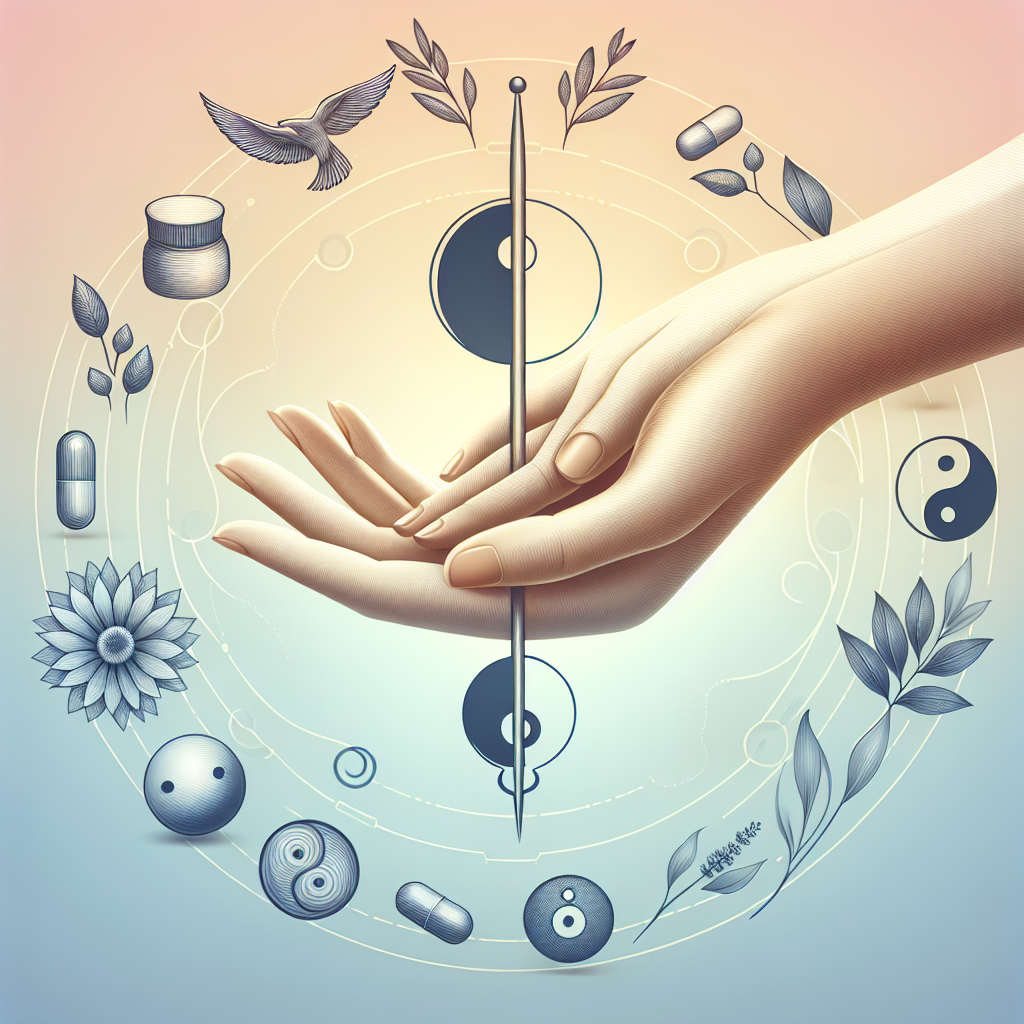Arthritis is a common condition that affects millions of people worldwide. It is characterized by inflammation and stiffness in the joints, leading to pain and decreased mobility. There are many different types of arthritis, with the most common being osteoarthritis and rheumatoid arthritis. While there is no cure for arthritis, there are many treatment options available to help manage symptoms and improve quality of life.
Western medicine typically focuses on treating arthritis with a combination of medications, physical therapy, and surgery. Nonsteroidal anti-inflammatory drugs (NSAIDs) are often prescribed to help reduce pain and inflammation in the joints. Corticosteroids may also be used to help reduce inflammation. In severe cases, surgery may be recommended to repair or replace damaged joints.
Physical therapy is an important component of treatment for arthritis, as it helps improve flexibility, strength, and range of motion in the affected joints. This can help reduce pain and improve function. In some cases, assistive devices such as braces or splints may also be recommended to help support the affected joints.
While western medicine can be effective in managing arthritis symptoms, many people are turning to traditional eastern therapies as an alternative or complementary approach. Traditional eastern therapies, such as acupuncture, acupressure, and herbal medicine, have been used for centuries to treat a wide range of health conditions, including arthritis.
Acupuncture is a form of traditional Chinese medicine that involves inserting thin needles into specific points on the body to help restore balance and promote healing. Acupuncture has been shown to be effective in reducing pain and improving function in people with arthritis. Acupressure, which involves applying pressure to specific points on the body, can also help relieve pain and improve mobility.
Herbal medicine is another traditional eastern therapy that is commonly used to treat arthritis. Many herbs, such as turmeric, ginger, and boswellia, have anti-inflammatory properties that can help reduce pain and inflammation in the joints. Herbal supplements are often used in conjunction with other treatment modalities to help manage arthritis symptoms.
One of the key differences between western and traditional eastern therapies is their approach to treating arthritis. Western medicine tends to focus on treating the symptoms of arthritis, such as pain and inflammation, while traditional eastern therapies aim to address the underlying causes of the condition and promote overall health and well-being.
Integrating both western and traditional eastern therapies can provide a holistic approach to managing arthritis. By combining the best of both worlds, patients can benefit from the pain-relieving and anti-inflammatory properties of western medications, while also addressing the root causes of the condition and promoting healing through traditional eastern therapies.
In addition to acupuncture, acupressure, and herbal medicine, other traditional eastern therapies that can be beneficial for arthritis include tai chi, qigong, and yoga. These mind-body practices focus on movement, breathing, and relaxation techniques that can help improve flexibility, strength, and balance in people with arthritis.
Tai chi, an ancient Chinese martial art, has been shown to improve balance, strength, and flexibility in people with arthritis. Qigong, a form of Chinese exercise therapy, focuses on slow, flowing movements and deep breathing to help promote relaxation and reduce stress. Yoga, an ancient Indian practice, combines physical postures, breathing exercises, and meditation to help improve flexibility, strength, and mental well-being.
By incorporating these traditional eastern therapies into a comprehensive treatment plan, patients with arthritis can experience a more holistic approach to managing their condition. This integrated approach can help improve symptoms, reduce pain, and enhance overall quality of life.
It is important for patients with arthritis to work closely with their healthcare providers to develop a treatment plan that meets their individual needs and preferences. By combining the best of western and traditional eastern therapies, patients can take a proactive approach to managing their arthritis and promoting overall health and well-being.
In conclusion, arthritis is a common condition that can be challenging to manage. While western medicine offers effective treatment options, traditional eastern therapies can provide additional benefits and promote a more holistic approach to managing arthritis. By integrating both western and traditional eastern therapies, patients can experience improved pain relief, reduced inflammation, and enhanced overall well-being. It is important for patients to work closely with their healthcare providers to develop a comprehensive treatment plan that meets their individual needs and preferences. By taking a holistic approach to managing arthritis, patients can improve their quality of life and enjoy better health and well-being.

